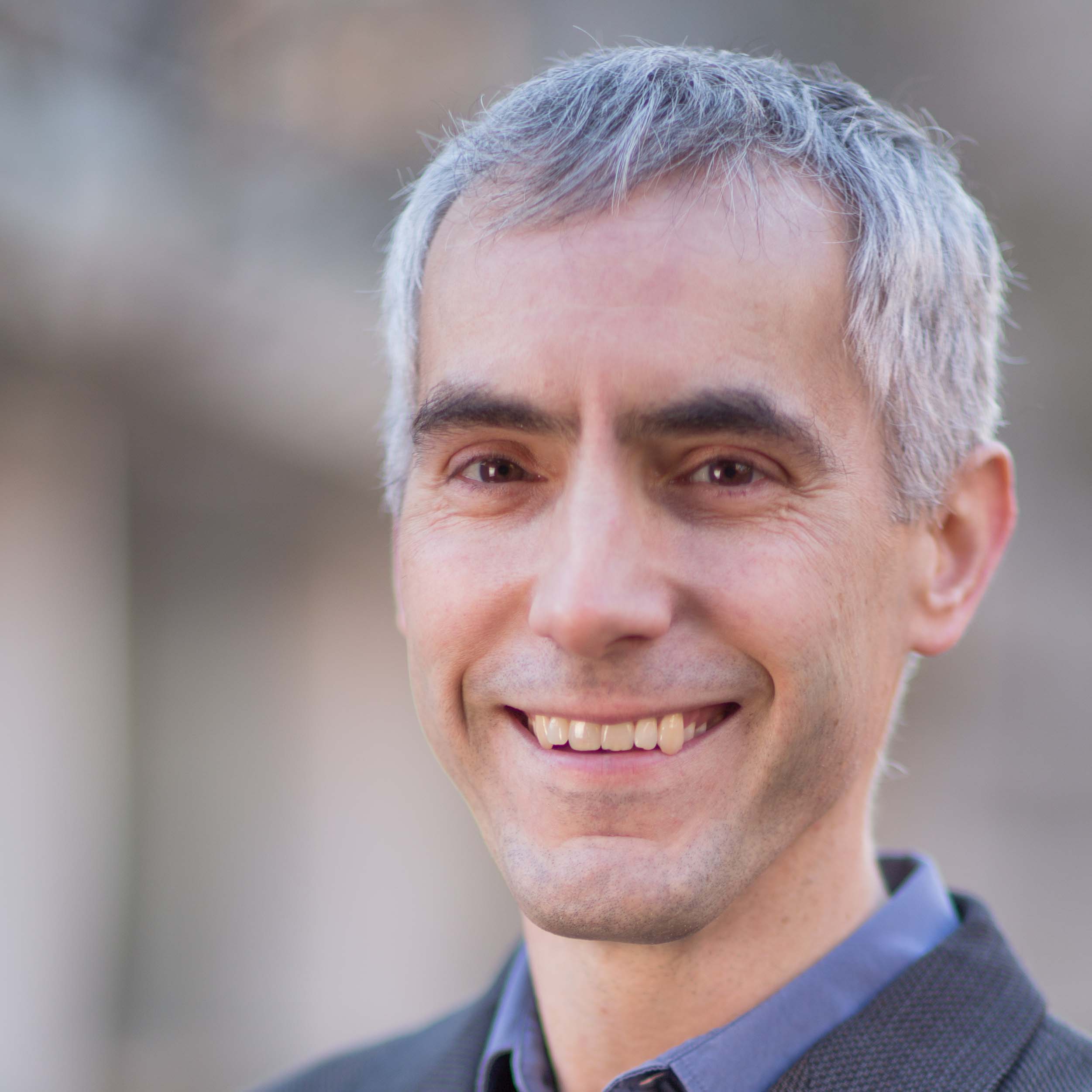
Development of a CRISPR/Cas-based gene therapy for Angelman syndrome
Description
Wednesday, April 15, 2020
Time: 4:00 pm-5:00 pm, followed by reception
Location: Zoom Webinar – Registration Required
Register in advance for this webinar: click here
* After registering, you will receive a confirmation email containing information about joining the webinar.
Speaker: Mark Zylka, Ph.D.
Affiliation: W.R. Kenan, Jr. Distinguished Professor, Director, UNC Neuroscience Center
Talk title: Development of a CRISPR/Cas-based gene therapy for Angelman syndrome
Abstract: There is currently no effective treatment or cure for Angelman syndrome. This severe neurodevelopmental disorder is caused by deletion or mutation of the maternal UBE3A gene. The paternal UBE3A gene is silenced by an antisense transcript. CRISPR/Cas9 can be used to block expression of this antisense transcript and reactivate the paternal UBE3A gene in mouse and human neurons. When delivered via an adeno-associated virus (AAV) gene therapy vector, this CRISPR/Cas9-based therapeutic can enduring reactivate UBE3A throughout the brain of mice. This research could advance a first-in-class treatment for a pediatric-onset autism spectrum disorder.

